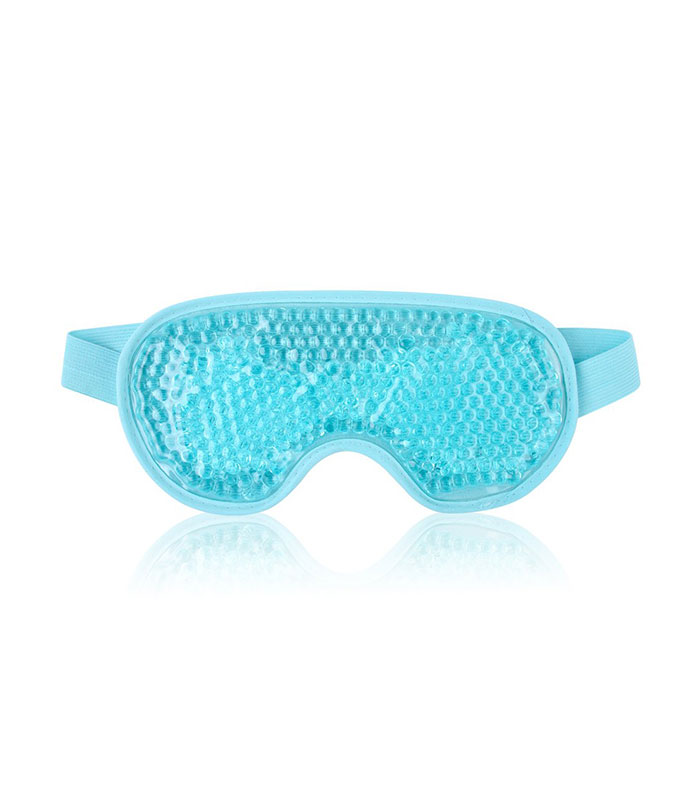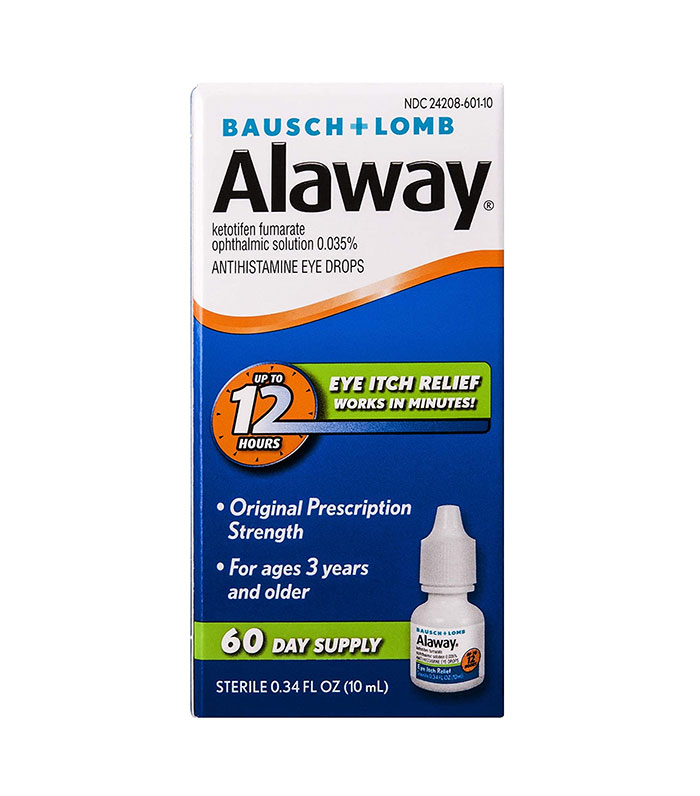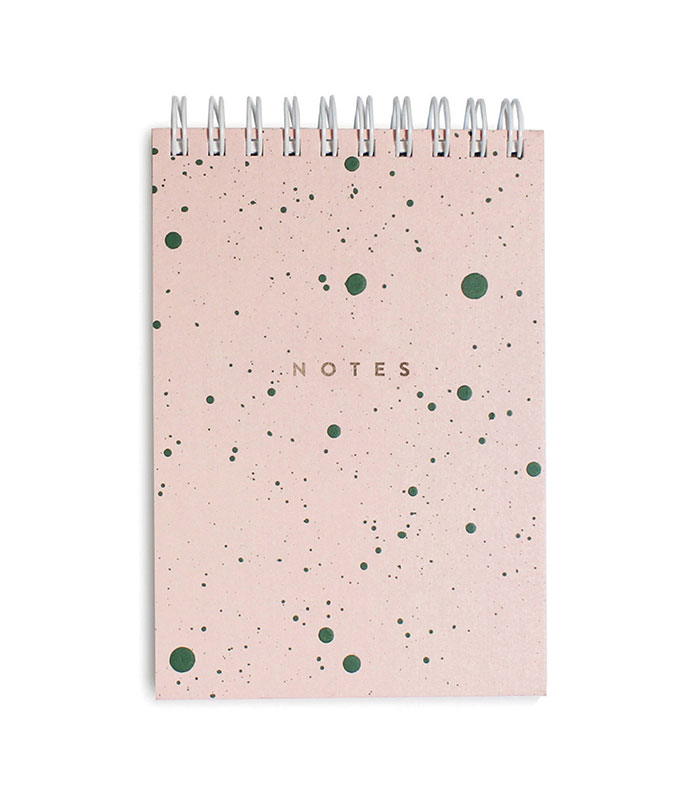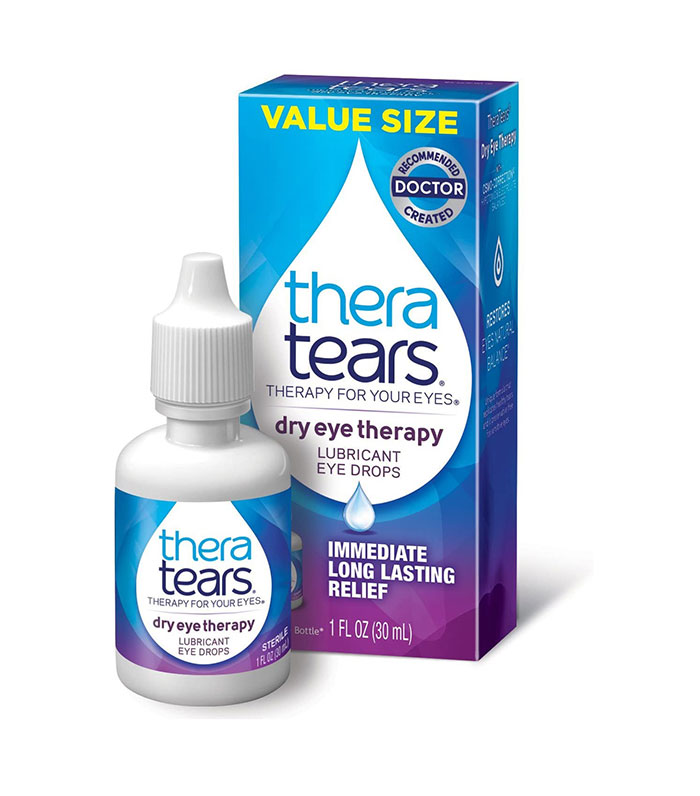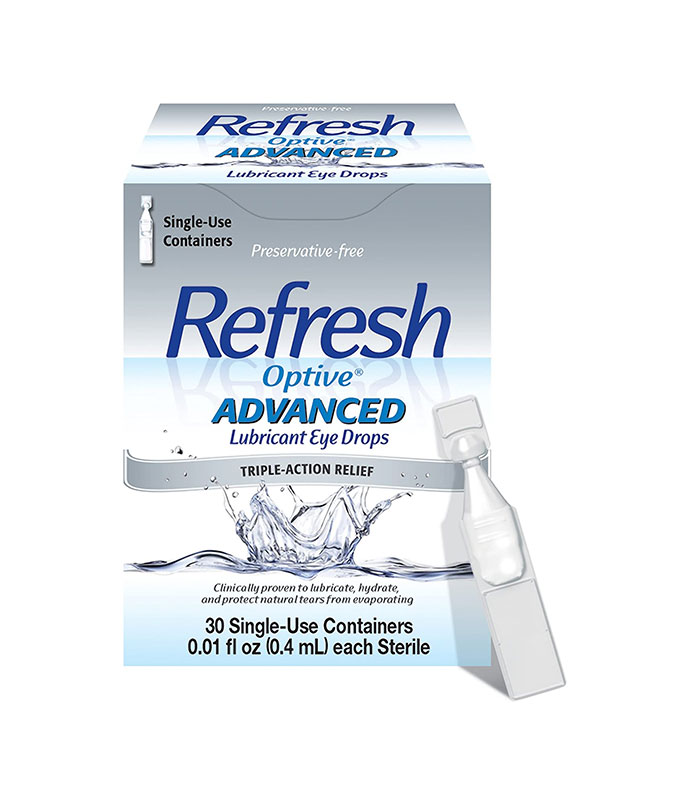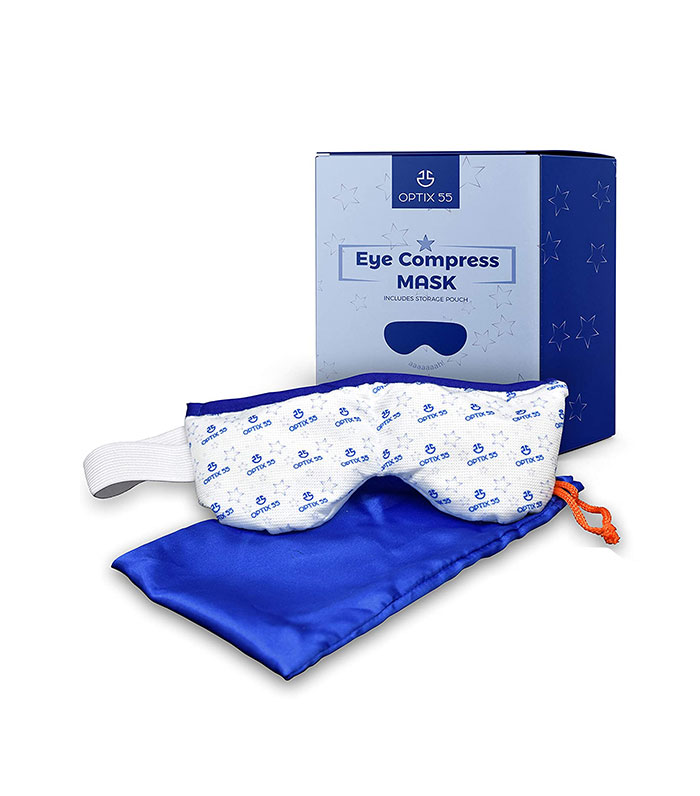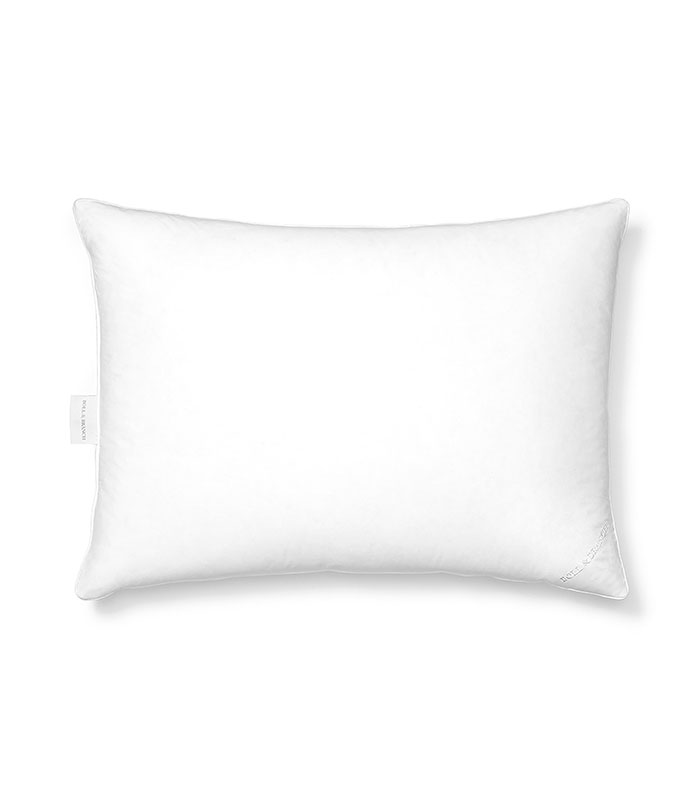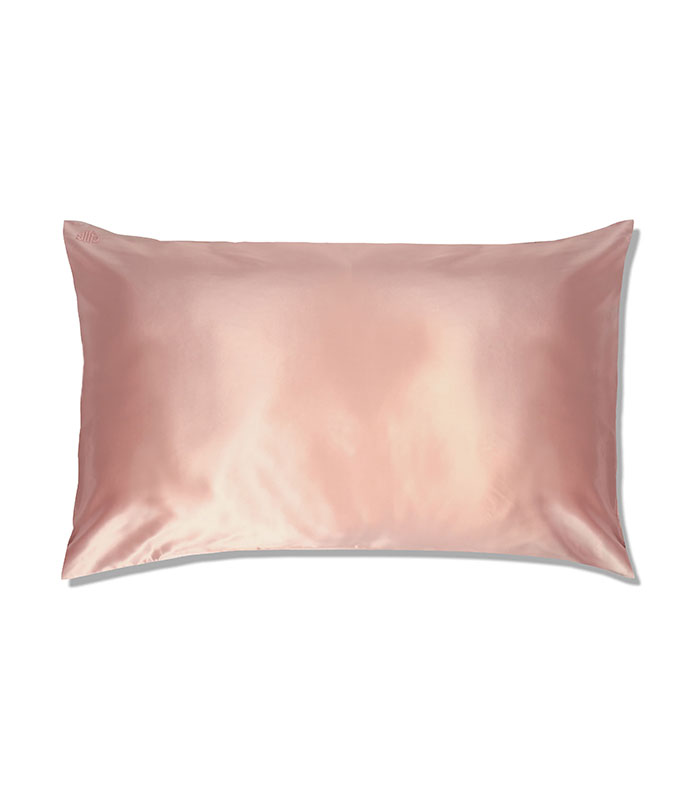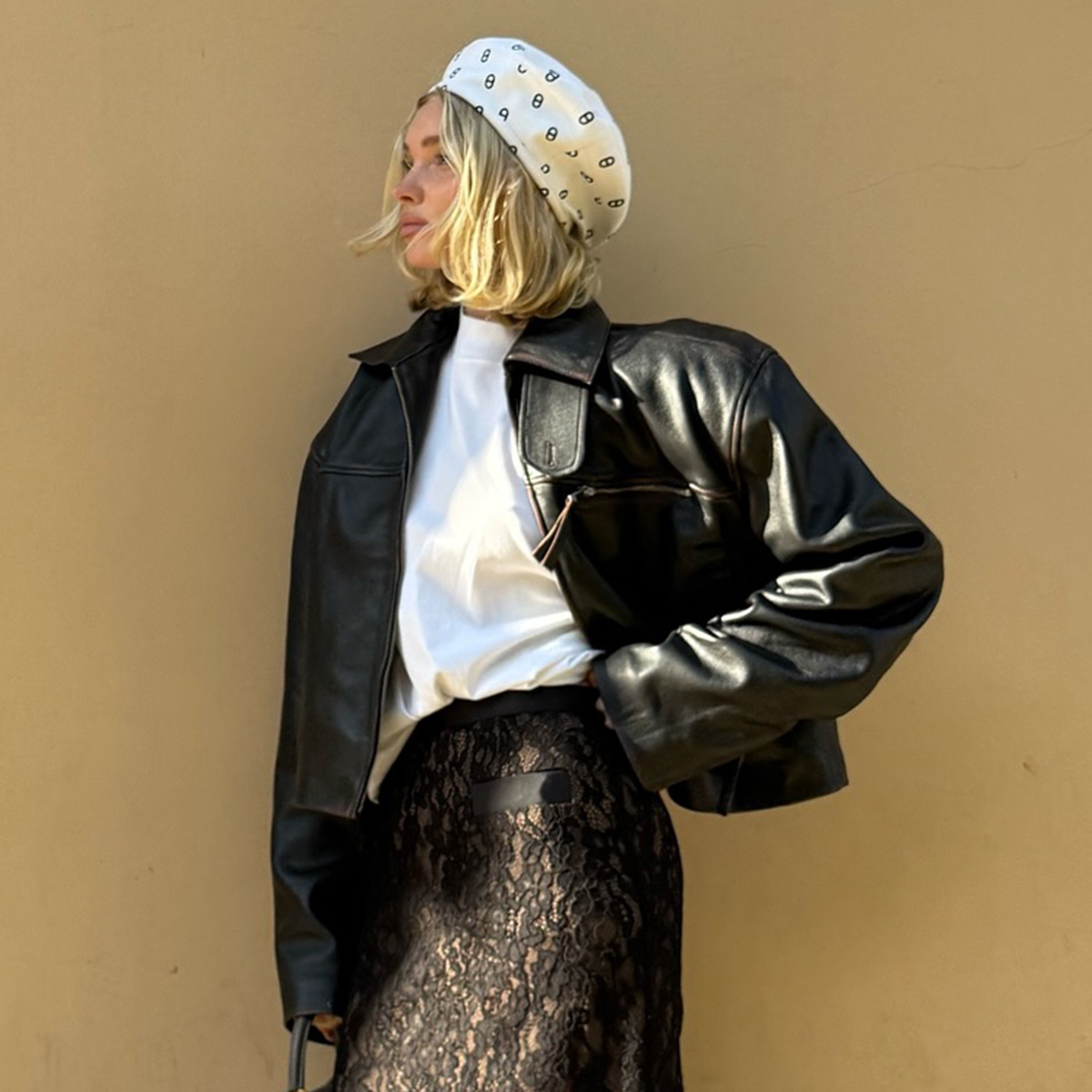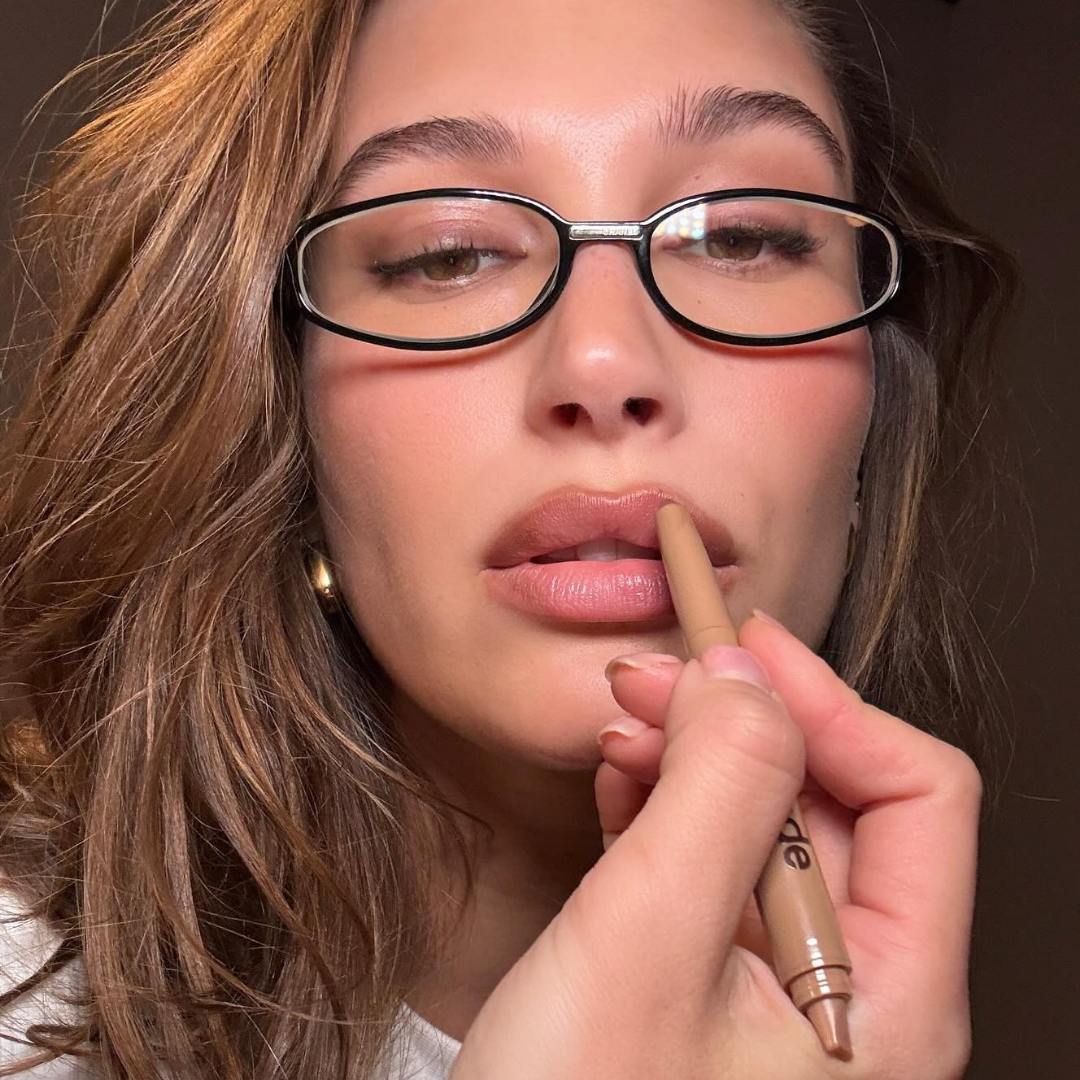9 Ways to Reduce Puffy Eyes, According to an Ophthalmologist
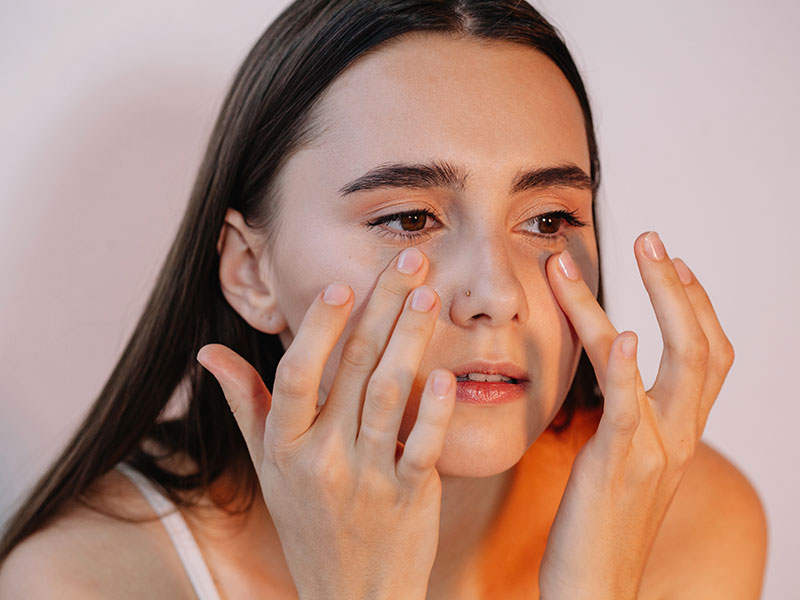
This might be a common scenario for you, or maybe you've experienced it a couple of times: You wake up after what you thought was a pretty good night of sleep, but when you look in the mirror, your eyes look so damn puffy. What gives? You weren't up until 3 a.m. You weren't crying your eyes out. You don't feel sick.
Or you could have been doing one or all of the above and are wondering how in the world you can de-puff your eyes before you have to show face in public. To find out some common causes of puffy eyes and what to do about it, I spoke to Ashley Brissette, MD, MSc, FRCSC, an ophthalmologist at Weill Cornell Medicine/NewYork-Presbyterian Hospital and a spokesperson for the American Academy of Ophthalmology (AAO), to get some info.
Causes of Puffy Eyes
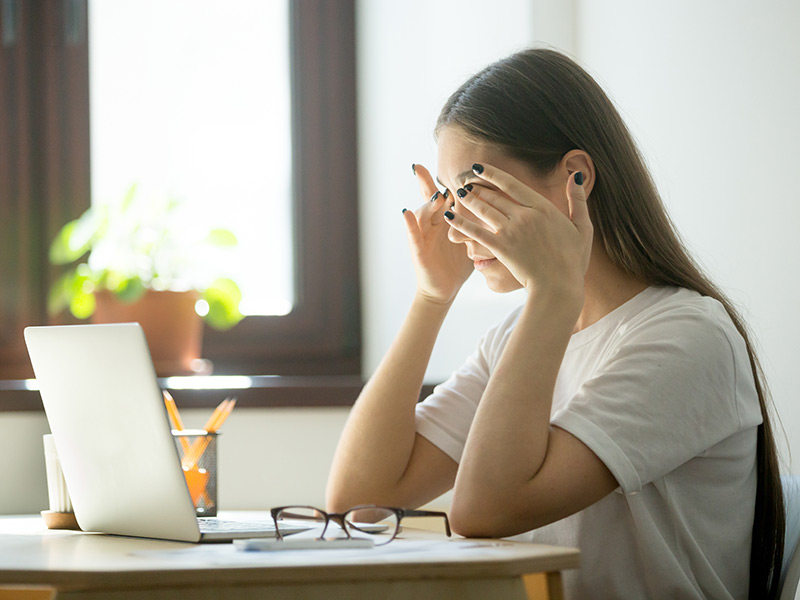
It might be annoying to hear this, but there's not just one cause and solution for puffy eyes. So you might have to put in the detective work to figure out the why and what to do. "There are a number of things that can really lead to puffy eyes, and some of them might be related to the eye health, and some might actually be related to health elsewhere in the body," Brissette says.
Below, she outlines a couple of common reasons.
Allergies
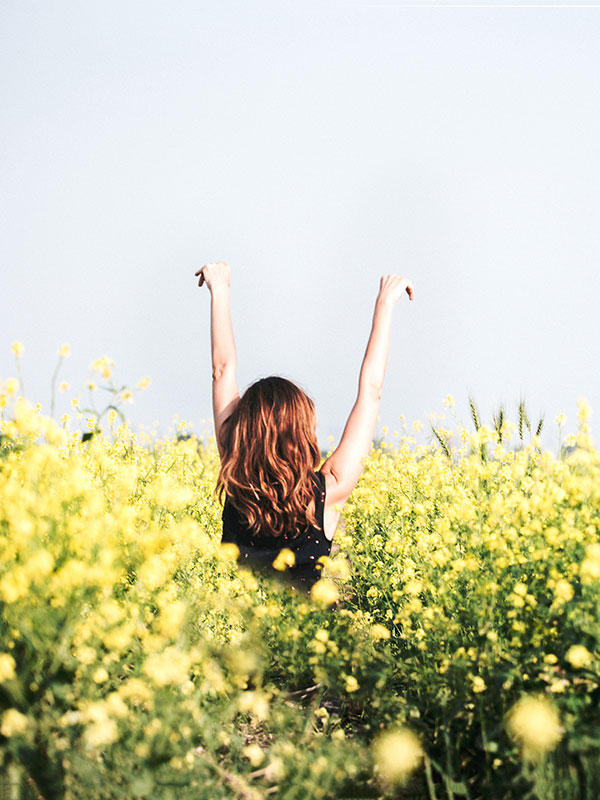
Brissette says one of the main causes of puffy eyes is allergies. "This is a really common problem that is also pretty easy to treat, which is what's great about it," she says. "And this can be due to allergies in the environment, so during springtime with different pollens or allergens that are in the air."
Irritants
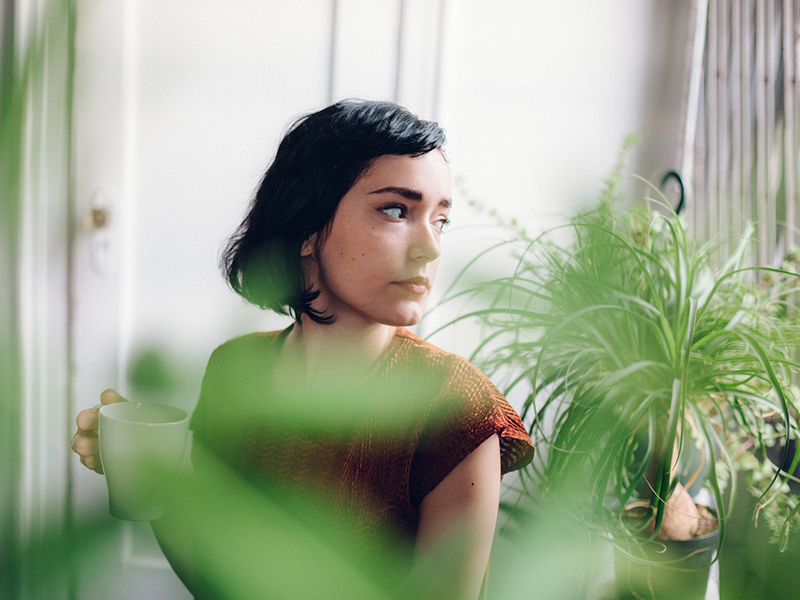
This is related to allergies in that there might be things around you, like cigarette smoke, perfume, and other things in the environment, that can bother your eyes. "That can actually really affect the eyes because the skin around the eyes is so thin, and so it's very sensitive to any irritants, more so than elsewhere in the body," Brissette adds.
Dry Eye
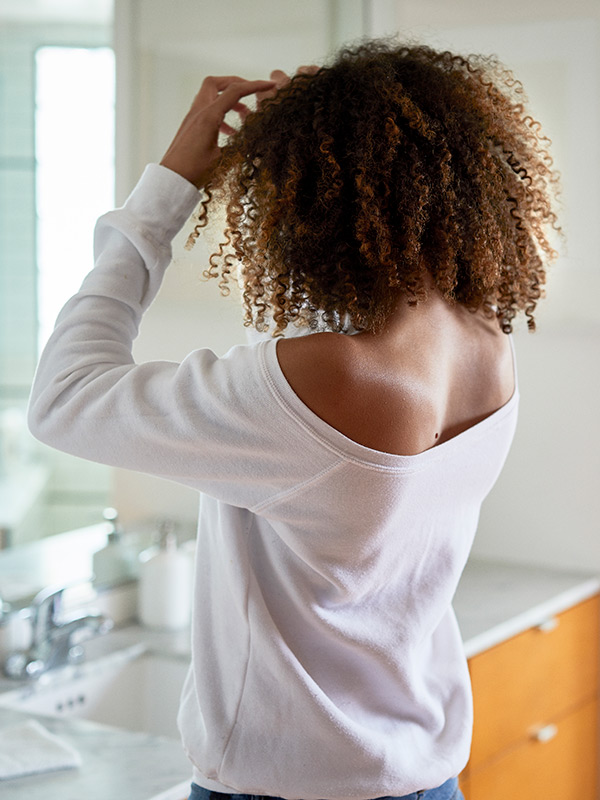
According to Brissette, the second main cause of puffy eyes is dry eye or blepharitis. "Blepharitis refers to inflammation of the eyelids," she explains. "This can be related to certain skin conditions like rosacea or sensitive skin, and so this can lead to puffy eyes as well."
Styes
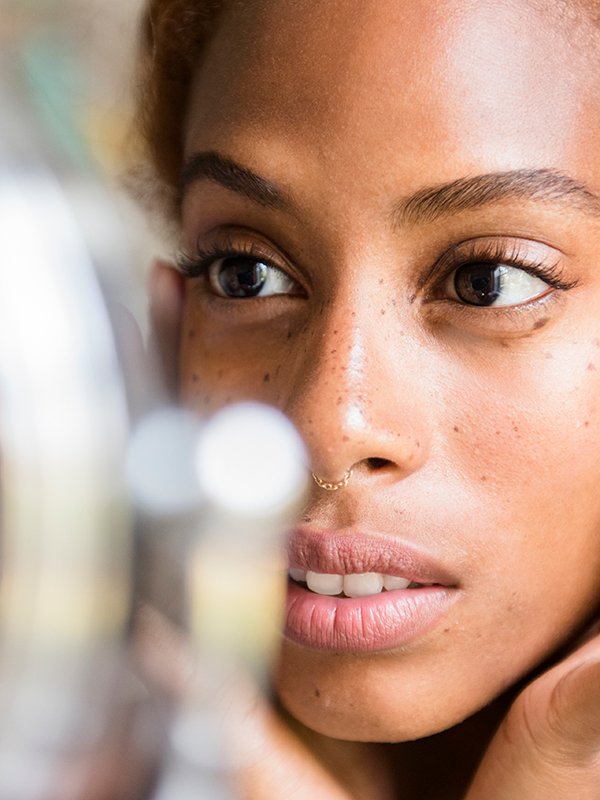
And speaking of rosacea or sensitive skin, Brissette said if you have these skin types or conditions, you might be more prone to getting styes. "A stye can cause a localized puffiness of the eyelid," she explains. "That's an infection or an inflammation of one of the oil glands that lines the eyelashes, so that can appear as a bump or puffiness to the lid."
Sagging or Aging Skin
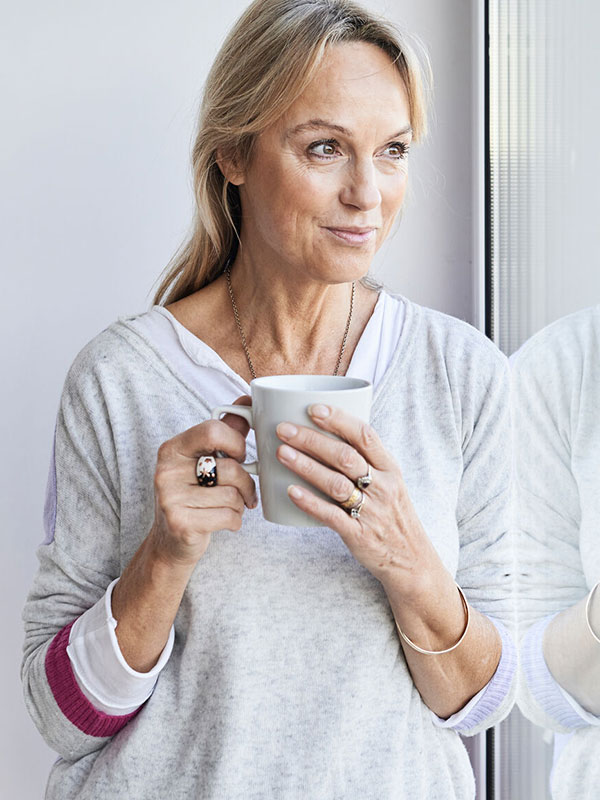
"The last common cause is really just skin—kind of sagging skin and what we call prolapsed fat because the skin around the eyes is very thin," Brissette says. "As we get older, the skin can become a little bit more stretched, and then the fat, which is usually around the eye, can migrate forward and it can become more apparent. This is usually the kind of puffiness or the bags under the eyes that people really complain about as they get older. And it's really just an aging change around the eyes."
For these cases, she says it often requires surgery to remove, which you can discuss with your ophthalmologist or healthcare professional.
How to Reduce Puffy Eyes
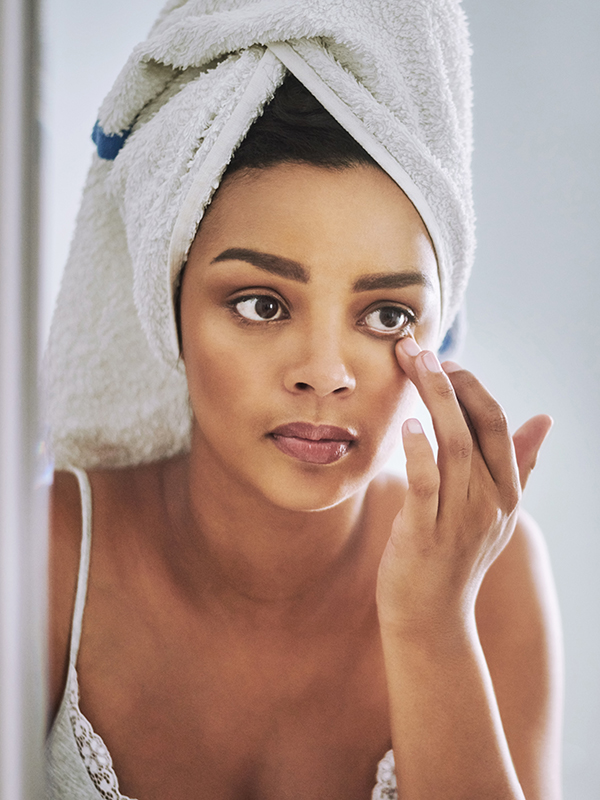
Fortunately, there are a number of options to relieve or reduce puffy eyes, depending on the cause. And you might be happy to know that a lot of them are low-effort. Brissette gives some tips below.
Try a Cold Compress
Brissette recommends this especially for people experiencing puffy eyes due to allergies. Hold it to your eyes for a couple of minutes. It's kind of a great way to destress, too, since you can't exactly look at your phone or get distracted.
Apply Anti-Allergy Eye Drops
This one is recommended, of course, for those with allergies. Brissette says you can find these over the counter or ask your ophthalmologist for a prescription.
Keep a Journal of Symptoms
This is another tip if you have allergies. "I also tell my patients to avoid allergens that might be causing this," Brissette says. "So sometimes [that means] keeping a diary of your symptoms and seeing what's happening at the time that your eyes are getting puffy. You can find out what might be contributing to this."
Don't Rub Your Eyes
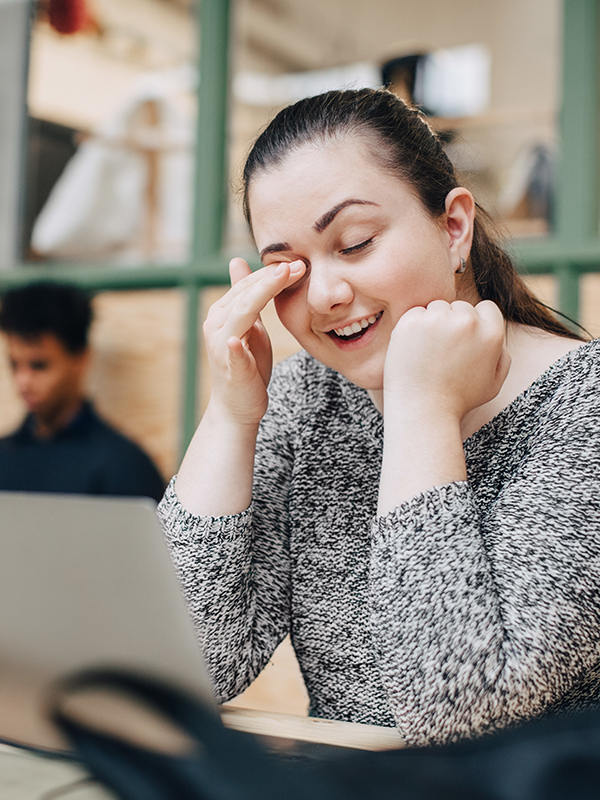
This rule is pretty much the same whether you have puffy eyes or not. But it's also a rule a lot of us have trouble following. "Often, if the eyes are kind of puffy, people are tempted to touch the skin or pull on the skin above the eyes," Brissette says. "And as I mentioned before, the skin around the eyes is so sensitive, so it's really important not to rub the eyes and it can just actually make it a lot worse."
Apply Artificial Tears
If dry eyes are the reason, artificial tears to lubricate the eyes can help, Brissette says. When looking for drops, opt for ones that are preservative-free if you're using them four to six times a day since they're gentler.
Get a Warm Compress
Unlike the allergy situation, for blepharitis, you'll want to apply a warm compress instead of a cold one. "The heat can actually soften some of the clogged oil from the oil glands and that can actually improve the appearance of puffiness," Brissette explains.
Avoid Salt

"The other thing people can do to help is to limit salt in the diet because that helps to limit fluid retention overnight," Brissette adds.
Elevate Your Head When Sleeping
Brissette says you can even try sleeping with your head slightly elevated, which can keep fluid from settling around your eyes.
Don't Sleep on Your Face
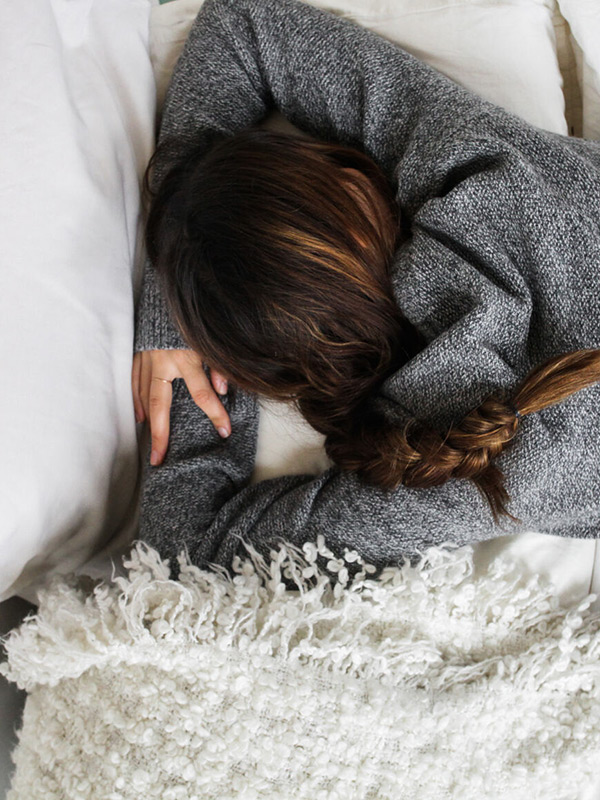
"I always tell my patients, really try hard not to sleep on the face," Brissette says. "The reason is that the pillow can pull the eyelid skin, and that skin is so sensitive, so that can lead to wrinkles, stretched skin, or puffiness around the eyes over time. I know it's hard to change your sleep position, but if you can, I usually recommend sleeping on your back, and that'll really protect the face from premature wrinkles as well."
When to See a Doctor
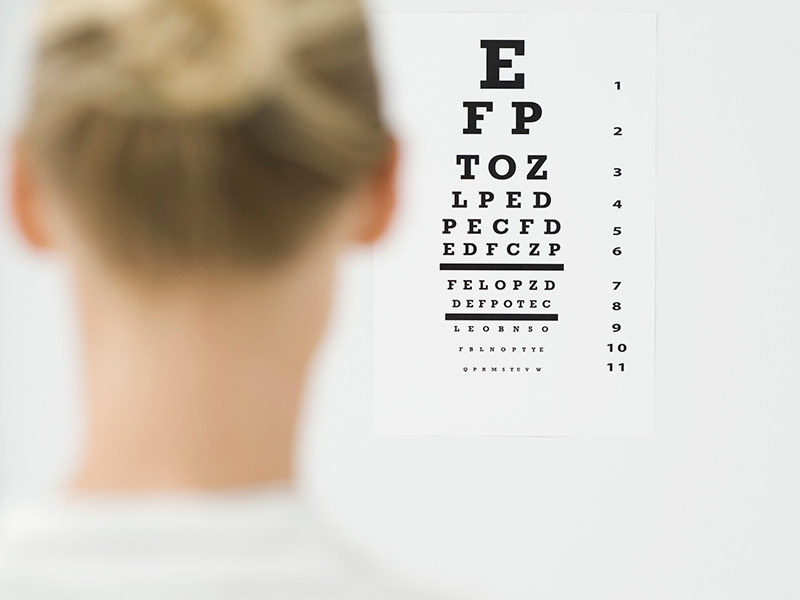
In some cases, you might need to see your doctor, as it might be a sign of another condition. "I would say if you have any pain, if you have any decrease in your vision, or if the puffiness is not improving with some of the things that we mentioned, then I think that's a good reason to visit an ophthalmologist," Brissette recommends. "Because again, there are many things that can cause puffiness."
Next up: The 10 Best Foods for Eye Health, According to an Ophthalmologist
Disclaimer
This article is provided for informational purposes only and is not intended to be used in the place of advice of your physician or other medical professionals. You should always consult with your doctor or healthcare provider first with any health-related questions.
Sarah is lifestyle writer and editor with over 10 years of experience covering health and wellness, interior design, food, beauty, and tech. Born and raised in Los Angeles, she attended New York University and lived in New York for 12 years before returning to L.A. in 2019. In addition to her work at Who What Wear, she held editor roles at Apartment Therapy, Real Simple, House Beautiful, Elle Decor, and The Bump (sister site of The Knot). She has a passion for health and wellness, but she especially loves writing about mental health. Her self-care routine consists of five things: a good workout, “me” time on the regular, an intriguing book/podcast/playlist to unwind after a long day, naps, and decorating her home.
-
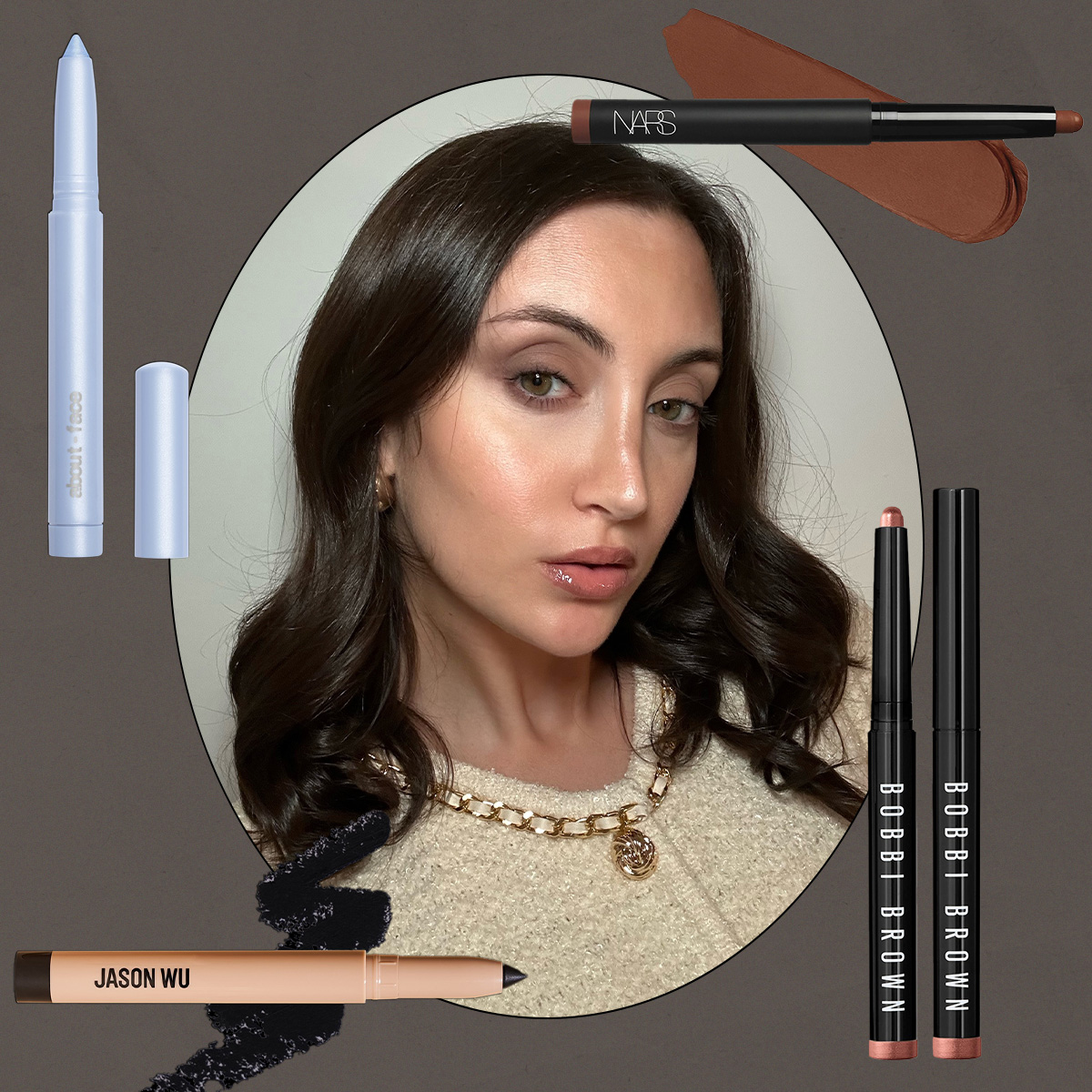 My Eye Shadow Stick Obsession Runs Deep, But Nothing Compares to This Crease-Resistant Fave
My Eye Shadow Stick Obsession Runs Deep, But Nothing Compares to This Crease-Resistant FavePlus, more options for mature and dry skin.
By Alyssa Brascia
-
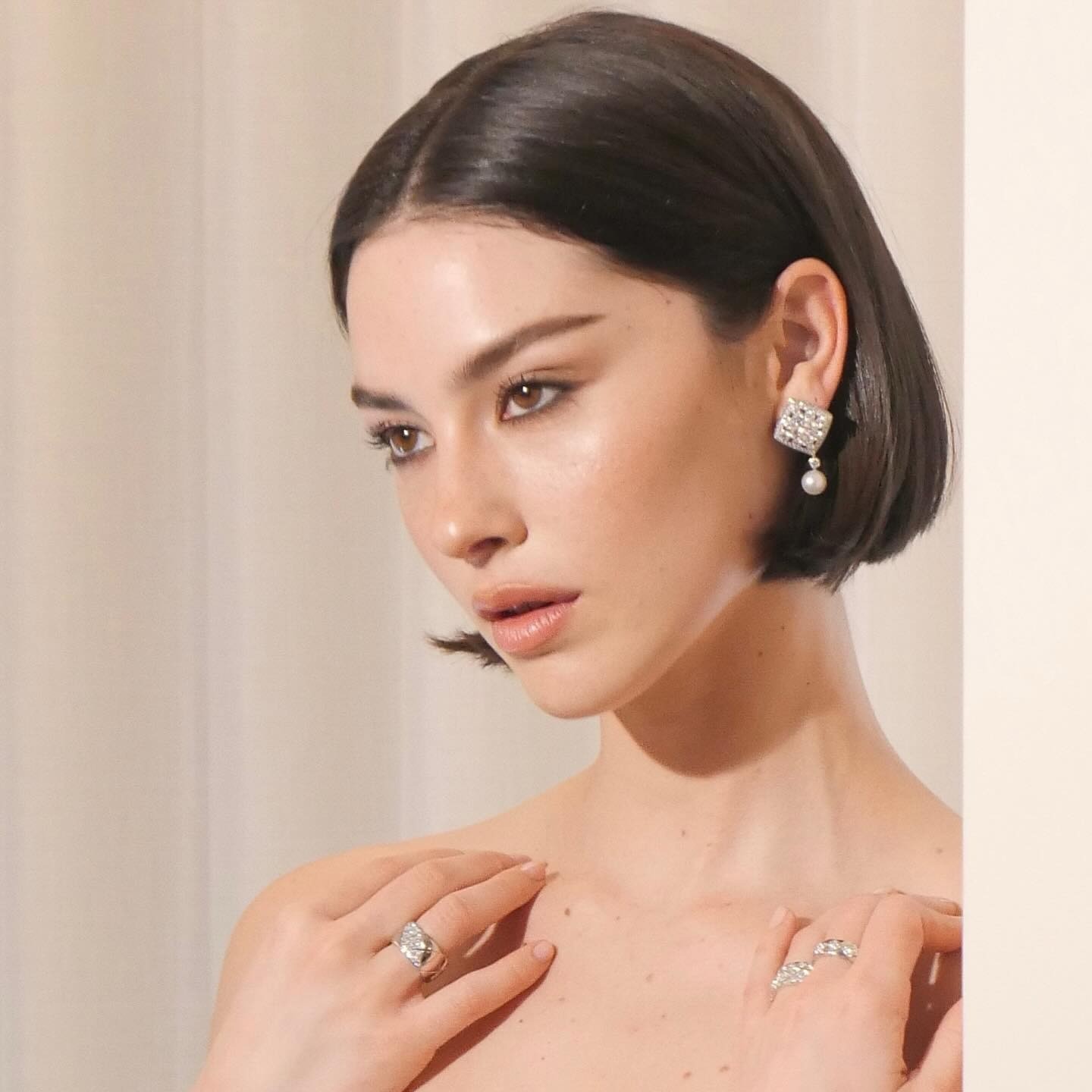 Blurred Makeup Is Trending, and Gracie Abrams Is the Blueprint—the Pre-Show Glam She Swears By
Blurred Makeup Is Trending, and Gracie Abrams Is the Blueprint—the Pre-Show Glam She Swears ByIt's all about soft-focus skin.
By Jamie Schneider
-
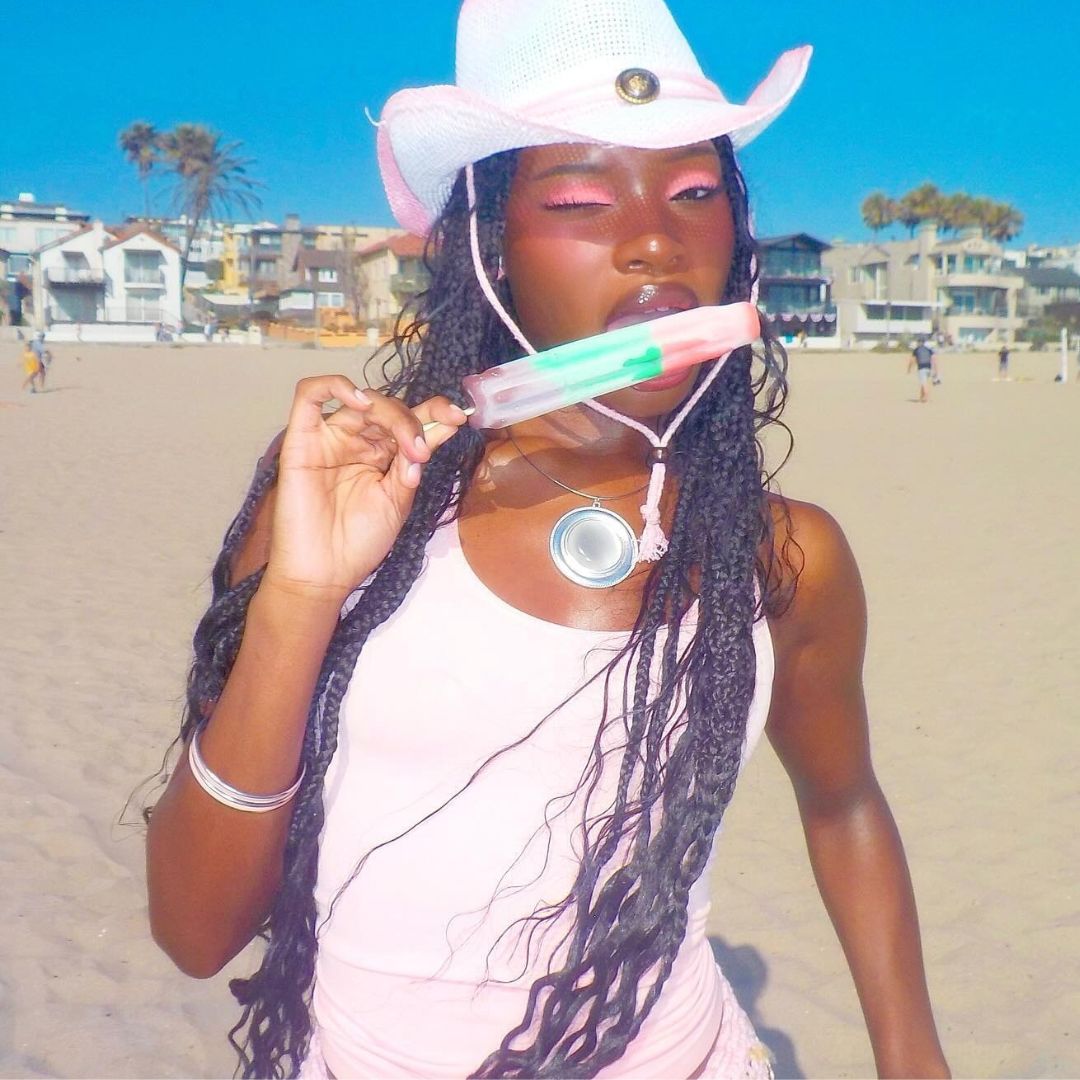 No One Knows Festival Makeup Like This Iconic MUA—4 Trends She Says We'll See All Over Coachella
No One Knows Festival Makeup Like This Iconic MUA—4 Trends She Says We'll See All Over CoachellaGrab your tickets and glitter.
By Alyssa Brascia
-
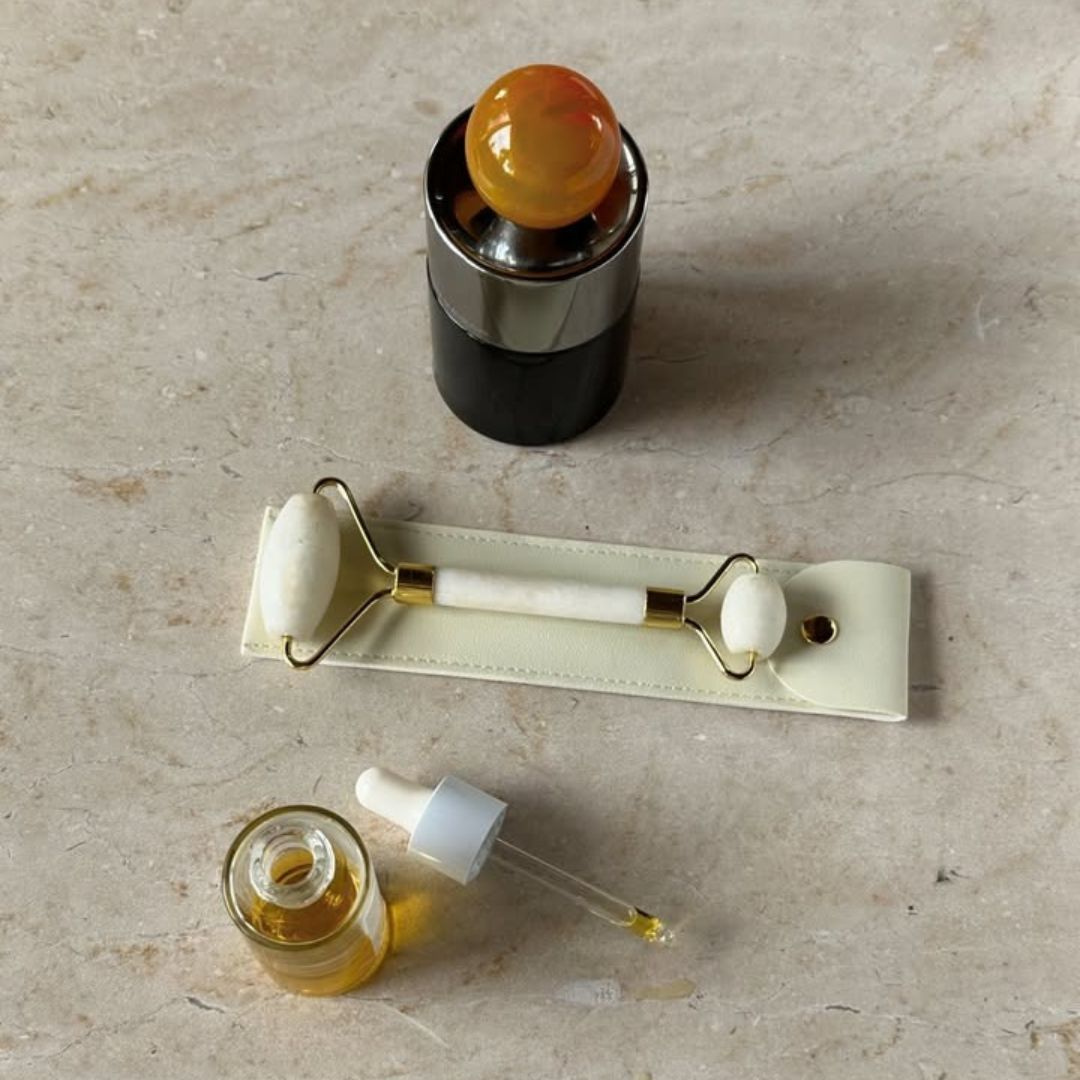 The Numbers Don't Lie—WWW Readers Shop These 11 Products the Most, and They're on Sale RN
The Numbers Don't Lie—WWW Readers Shop These 11 Products the Most, and They're on Sale RNSaving on your faves is basically a profit… It's girl math.
By Alyssa Brascia
-
 Award Season Is Over, and the Stats Are In—Celebs Requested *These* Makeup Looks the Most
Award Season Is Over, and the Stats Are In—Celebs Requested *These* Makeup Looks the MostWe chatted with some of Hollywood's most in-demand celebrity makeup artists.
By Alyssa Brascia
-
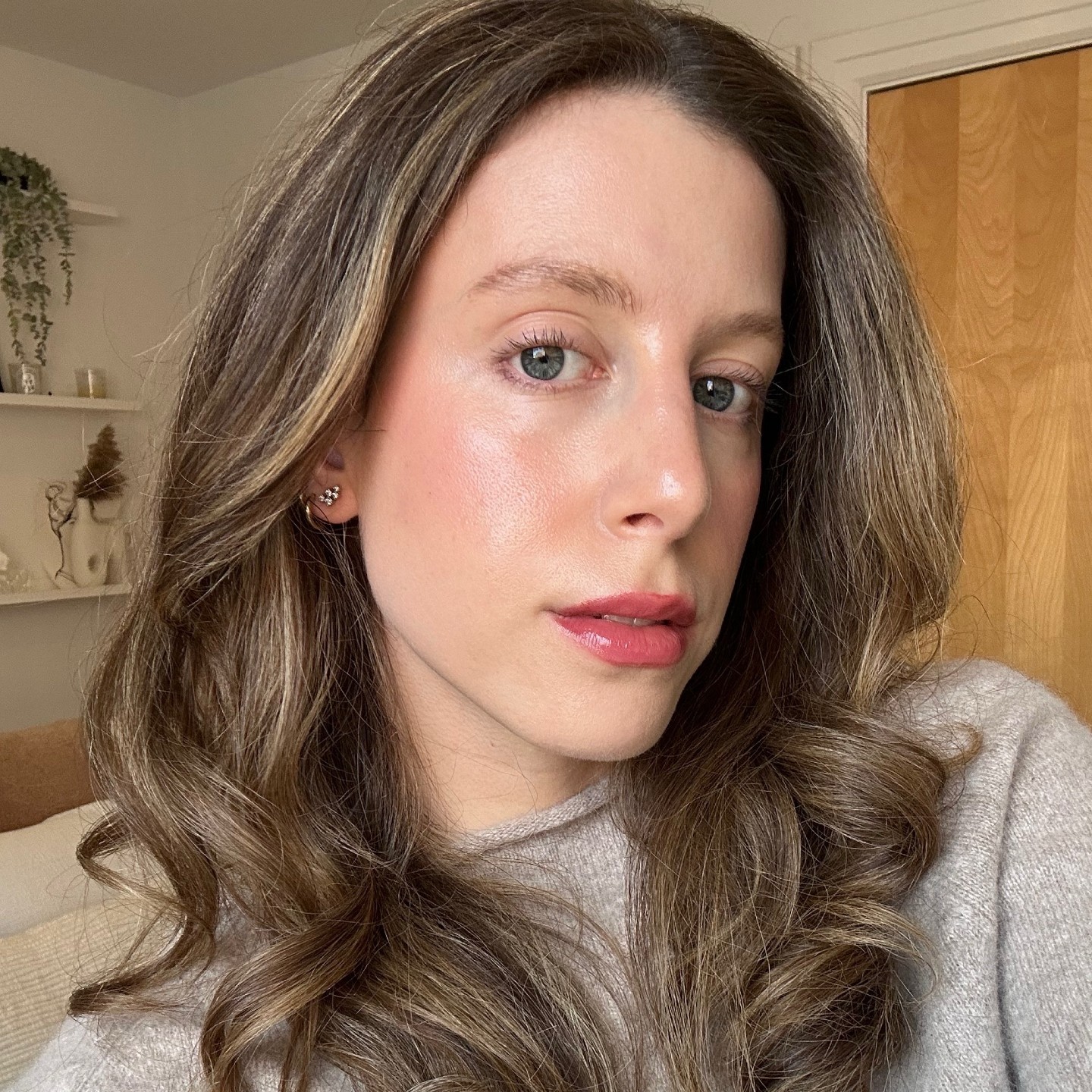 I've Been Applying Mascara Wrong for 15 Years—An Iconic MUA Just Gave Me a Life-Changing Tip
I've Been Applying Mascara Wrong for 15 Years—An Iconic MUA Just Gave Me a Life-Changing TipMy lash game will never be the same.
By Jamie Schneider
-
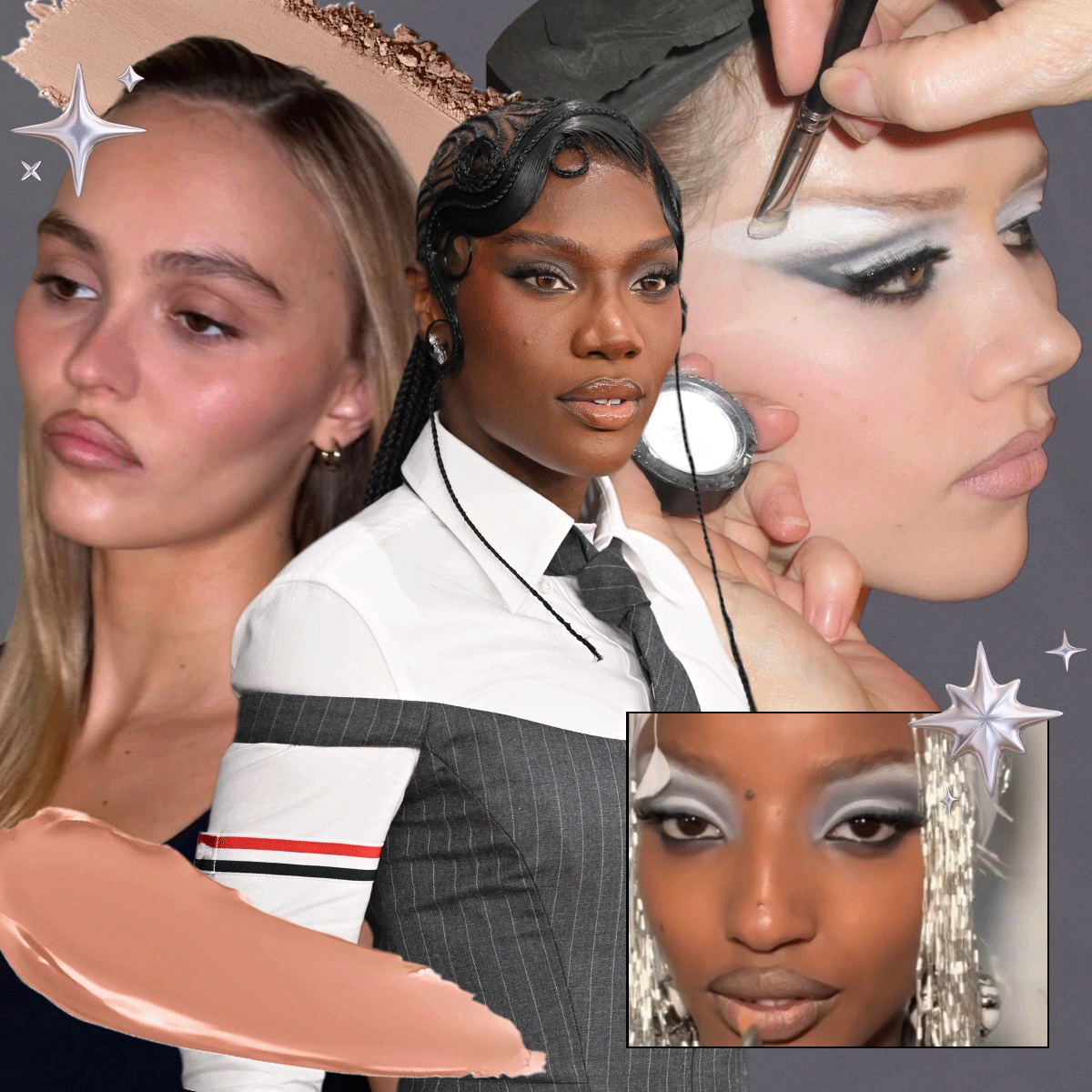 Suddenly, This "Glum" Hue Is 2025's Hottest Makeup Trend—Doechii and Julia Fox Are Proof
Suddenly, This "Glum" Hue Is 2025's Hottest Makeup Trend—Doechii and Julia Fox Are ProofForget what you know about pastels for spring.
By Alyssa Brascia
-
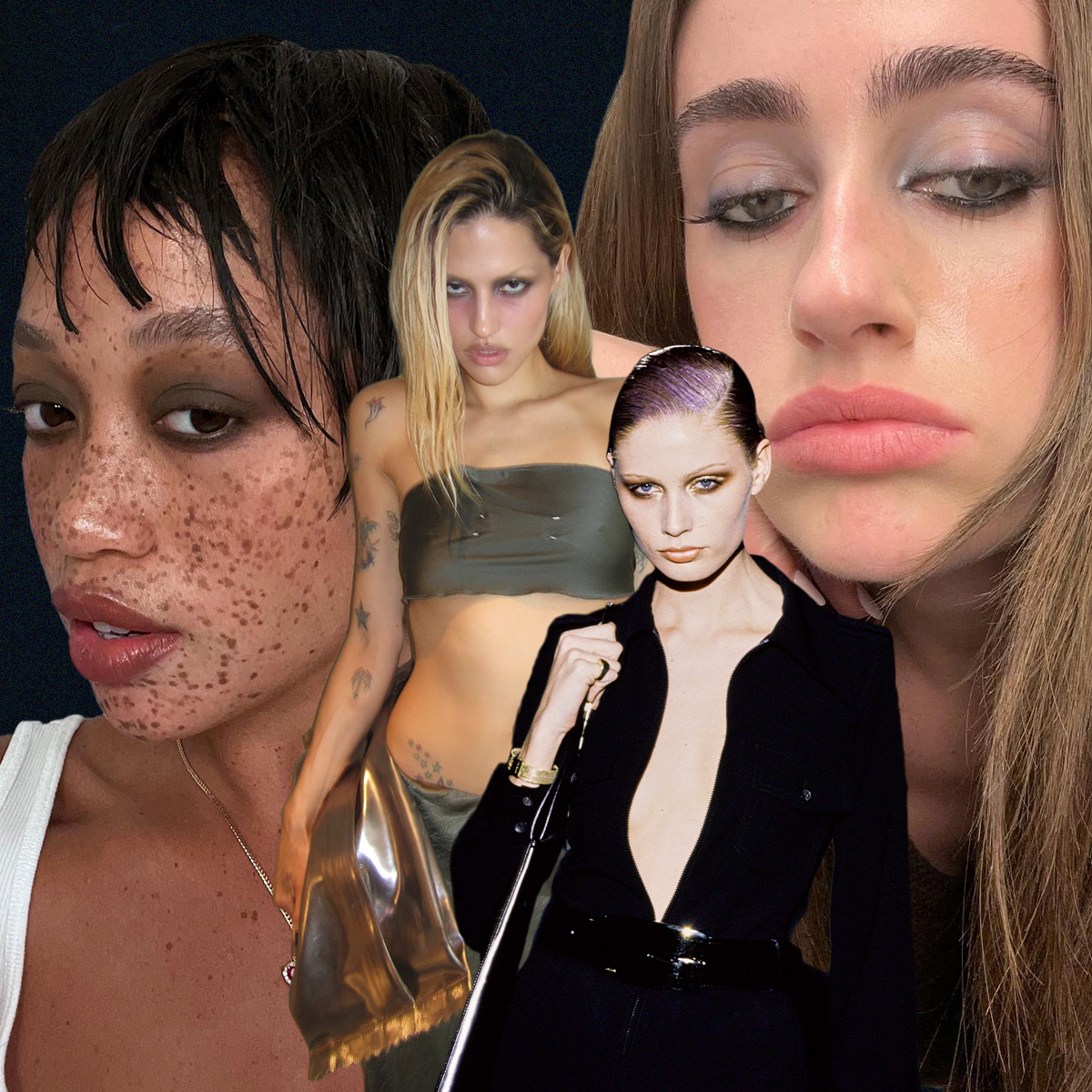 In Defense of Angsty Beauty
In Defense of Angsty BeautyFrom "unapproachable" makeup to "anti-pretty" perfume.
By Jamie Schneider
